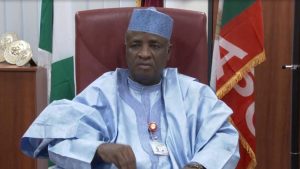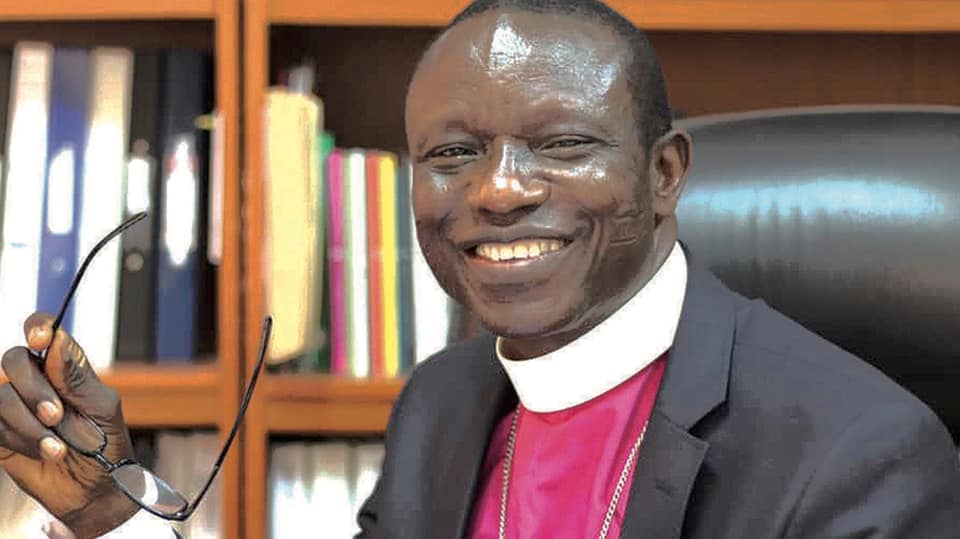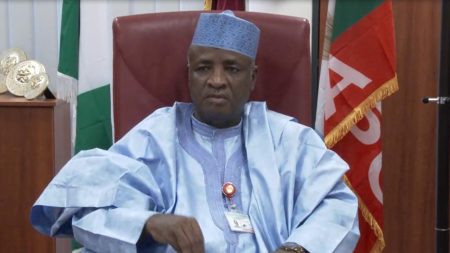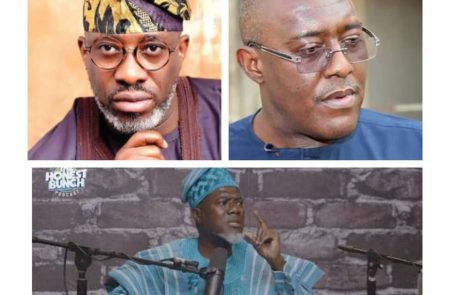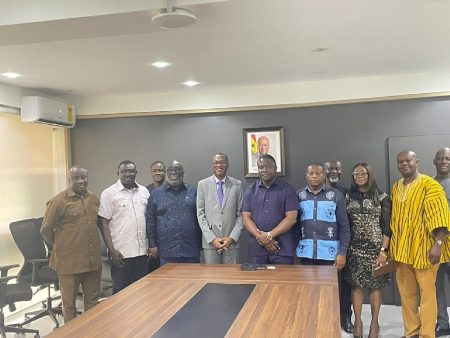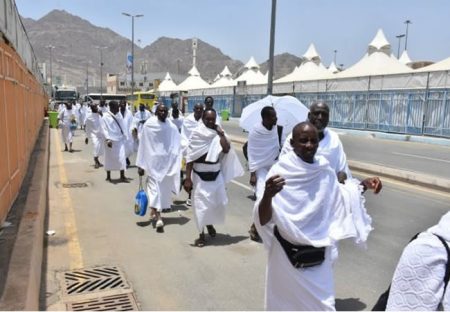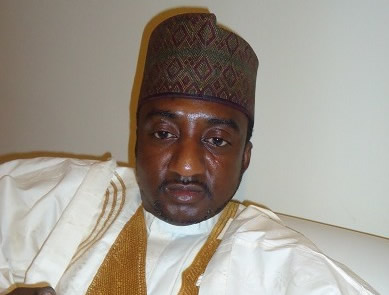The Pentecostal Fellowship of Nigeria (PFN), a prominent body representing Pentecostal Christians in the country, has consistently advocated for active Christian participation in politics, emphasizing its crucial role in establishing good governance and a just society. PFN leaders argue that Christians, guided by biblical principles of justice, compassion, and integrity, have a moral obligation to engage in the political process, not as passive observers but as active participants who shape policies and contribute to national development. This call to action stems from the belief that abstaining from politics creates a vacuum often filled by individuals with less noble intentions, leading to corruption, mismanagement, and policies that undermine the common good. PFN believes that active Christian involvement can bring positive transformation to Nigerian society.
PFN’s advocacy for Christian political participation is multifaceted. It encourages Christians to register to vote, educate themselves on political issues, and critically assess candidates based on their character and proposed policies. The organization emphasizes the importance of voting for leaders who demonstrate integrity, competence, and a genuine commitment to serving the people. Beyond voting, PFN also encourages Christians to consider running for public office at all levels of government, from local councils to the national assembly. This, they argue, is a practical way to infuse the political landscape with individuals driven by ethical principles and a desire to promote good governance. PFN further stresses the importance of prayer and spiritual engagement, believing that divine guidance is essential for effective political involvement and positive societal change. They organize prayer meetings, workshops, and conferences to equip Christians with the knowledge, skills, and spiritual fortitude needed to navigate the complexities of the political arena.
The rationale behind PFN’s emphasis on political engagement lies in its understanding of the interconnectedness of faith and public life. They believe that faith should not be confined to personal piety but should extend to all spheres of life, including governance. By actively participating in politics, Christians can contribute to building a society that reflects biblical values of justice, righteousness, and equity. PFN leaders often cite biblical examples of individuals who held positions of political power and used their influence to promote righteousness and protect the vulnerable. They argue that Christians today have a similar responsibility to be salt and light in the world, influencing public policy and promoting the welfare of all citizens. Moreover, PFN views political participation as a means of safeguarding religious freedom and protecting the rights of Christians in a pluralistic society. They believe that active engagement can help prevent the erosion of religious liberties and ensure that Christian voices are heard in policy-making processes.
However, PFN’s call for Christian political participation is not without its challenges and criticisms. Some argue that it risks blurring the line between church and state, potentially leading to undue religious influence on government policies. Others express concerns about the potential for political divisions within the Christian community itself, as different denominations and individuals may hold varying political views. There are also concerns about the potential for manipulation and exploitation of religious sentiments by politicians seeking to gain support. Navigating these challenges requires careful consideration and a commitment to principles of fairness, inclusivity, and respect for diverse perspectives. PFN emphasizes the importance of engaging in politics with integrity and wisdom, avoiding partisan fanaticism and promoting dialogue and understanding across different groups.
Despite these challenges, PFN remains steadfast in its conviction that Christian political participation is essential for the betterment of Nigerian society. They argue that the potential benefits of having morally upright and competent individuals in positions of power far outweigh the risks. PFN emphasizes the need for Christians to engage in politics not for personal gain or power but for the common good, driven by a genuine desire to serve the people and promote justice. They encourage Christian politicians to be exemplary in their conduct, upholding the highest ethical standards and demonstrating transparency and accountability in their actions. By actively participating in the political process, PFN believes that Christians can contribute to building a more just, equitable, and prosperous nation for all Nigerians, regardless of their religious affiliation.
PFN’s ongoing call to action is a reminder of the important role of faith-based organizations in promoting civic engagement and good governance. Their advocacy efforts underscore the potential for positive societal transformation when citizens, guided by their faith and values, actively participate in shaping the political landscape. The organization’s continued engagement in voter education, leadership training, and advocacy for policy reforms demonstrates its commitment to fostering a more just and democratic society. By empowering individuals to become informed and engaged citizens, PFN contributes to strengthening the foundations of democracy and promoting the common good in Nigeria. Their efforts highlight the importance of bridging the gap between faith and public life, working towards a future where ethical leadership and good governance prevail.


